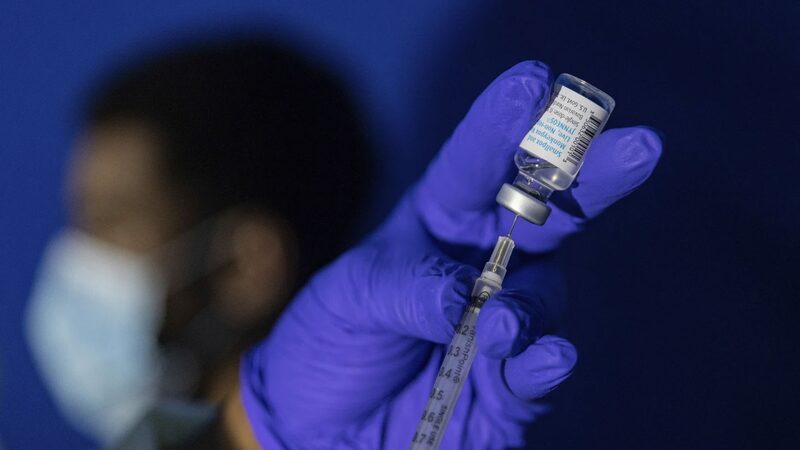The Democratic Republic of the Congo (DRC) is grappling with its most severe mpox outbreak to date, reporting over 4,500 suspected cases and nearly 300 deaths since January. This marks a threefold increase compared to the same period last year, according to the World Health Organization (WHO), which has declared the situation a health emergency.
Researchers have identified a new form of mpox in Kamituga, a mining town in eastern DRC, which may facilitate easier human-to-human transmission. Dr. Placide Mbala-Kingebeni, the study's lead researcher from the DRC's National Institute of Biomedical Research, stated, \"We're in a new phase of mpox.\"
The latest mutations result in milder lesions primarily on the genitals, making the disease harder to diagnose compared to previous outbreaks where lesions appeared on the chest, hands, and feet. Despite a lower death rate, the evolving nature of the virus poses significant challenges.
'Silent Transmission'
WHO's recent report highlights the potential need for new testing strategies to detect these mutations. With less than half of mpox cases in the DRC being tested, there's a risk of silent transmission, as Dr. Mbala-Kingebeni warns, \"Unless patients come forward, the disease could spread unnoticed.\"
The majority of infections are now linked to sexual transmission, with about a third of cases among sex workers. This mode of spread was confirmed by WHO in November, marking a shift from earlier outbreak patterns.
Mpox has two clades: Clade 1, which is more severe with up to 10% mortality, and Clade 2, responsible for the 2022 outbreak with a higher survival rate. The new Clade 1 form identified in Kamituga is linked to over 240 cases and at least three deaths, raising concerns among global health experts.
Dr. Boghuma Titanji from Emory University expressed worry over the mutations, stating, \"The virus is adapting to spread more efficiently among humans, which could lead to significant outbreaks.\" Similarly, Dr. Dimie Ogoina from Niger Delta University compared the spread to the early stages of HIV, highlighting issues like prejudice and reluctance to seek help.
While Western countries managed to contain mpox epidemics with vaccines and treatments, the DRC has limited access to these resources. Cris Kacita Osako, coordinator of the DRC's Monkeypox Response Committee, mentioned efforts to secure vaccines from donor countries like Japan, aiming to implement vaccination once sufficient supplies are available.
However, WHO's emergencies chief, Michael Ryan, noted the lack of donor funding, highlighting the urgent need for international support to address the ongoing crisis.
Reference(s):
Easier to spread? A new form of mpox found in Congo's biggest outbreak
cgtn.com




